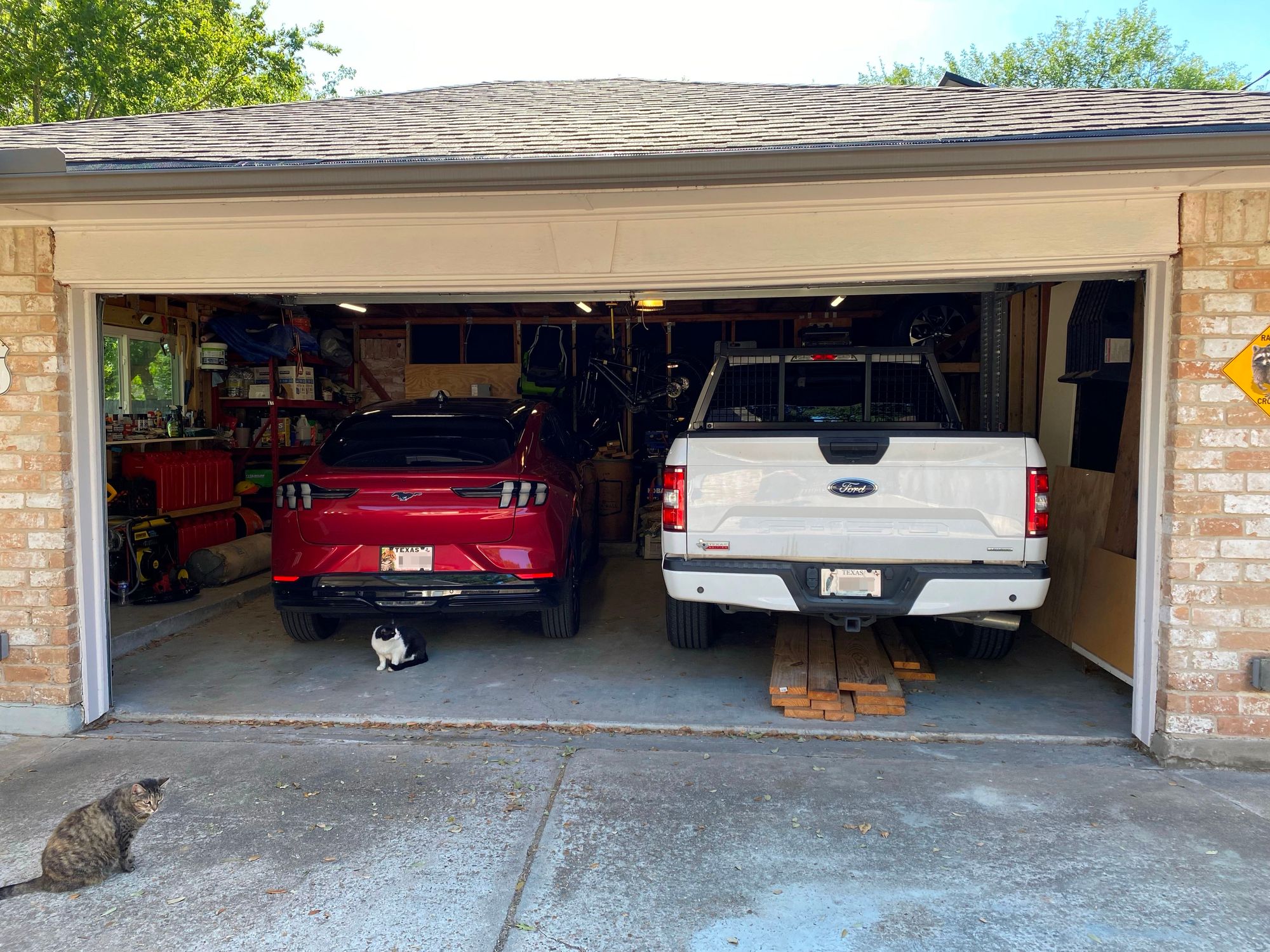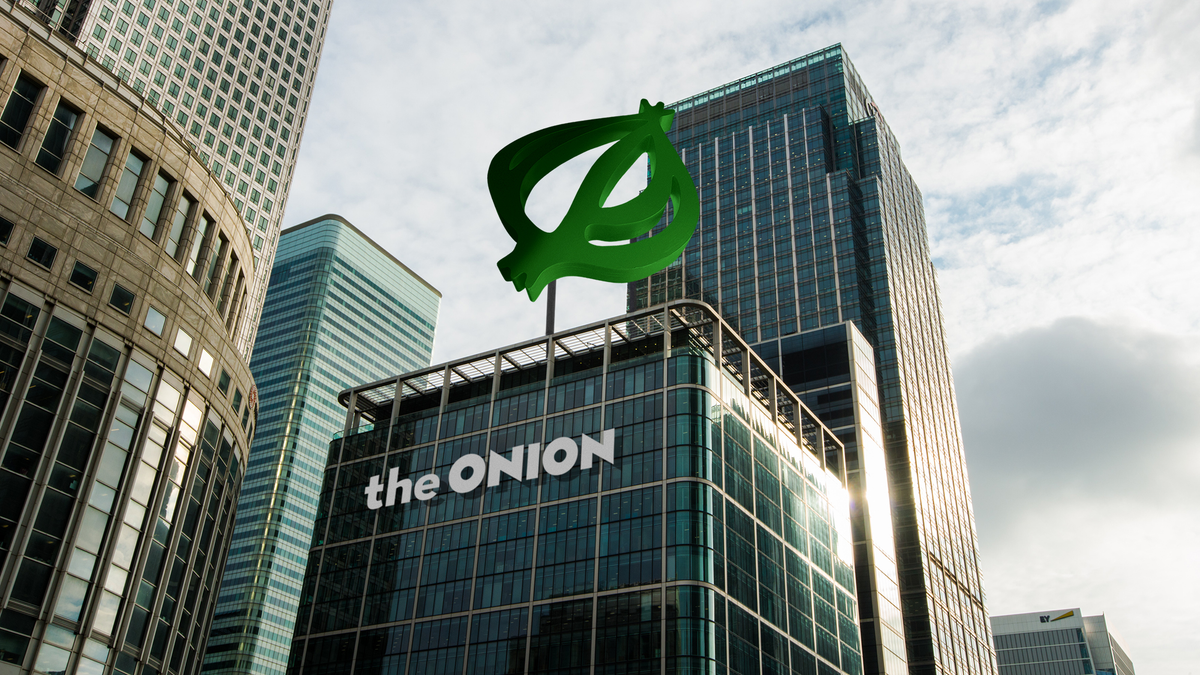

I was actually surprised to find out QUIC is fairly close to being default.
Wikipedia
HTTP/3 uses QUIC, a multiplexed transport protocol built on UDP.
HTTP/3 is (at least partially) supported by 97% of tracked web browser installations (thereof of 98% of “tracked mobile” web browsers), and 29% of the top 10 million websites.























https://en.wikipedia.org/wiki/HTTP%2F3?wprov=sfla1